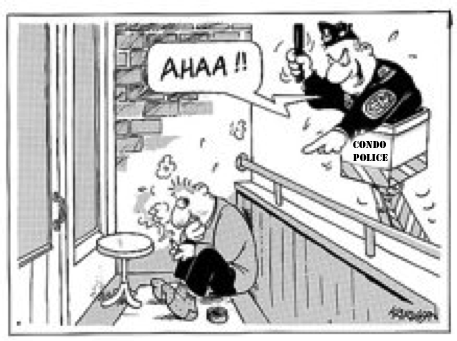You may be asking what the heck a CC&R Cover Sheet is, as we expect that over time, this requirement has been forgotten. As provided for in amended Government Code Section 12956.1, which has been the law for at least 10 years, California community associations that provide a copy of the declaration (CC&Rs) must place a cover page or stamp on the first page of their CC&Rs stating, in at least 14-point boldface type, the following:
If this document contains any restriction based on race, color, religion, sex, gender, gender identity, gender expression, sexual orientation, familial status, marital status, disability, genetic information, national origin, source of income as defined in subdivision (p) of Section 12955, or ancestry, that restriction violates state and federal fair housing laws and is void, and may be removed pursuant to Section 12956.2 of the Government Code. Lawful restrictions under state and federal law on the age of occupants in senior housing or housing for older persons shall not be construed as restrictions based on familial status.
In October of 2011, Governor Brown signed AB 887 into law, which adds the characteristics of “gender”, “gender identity” and “gender expression.” AB 887 also amended California Government Code Section 12956.1 to require associations to place additional language on the cover sheet, and that language has been incorporated into the language in bold above.






